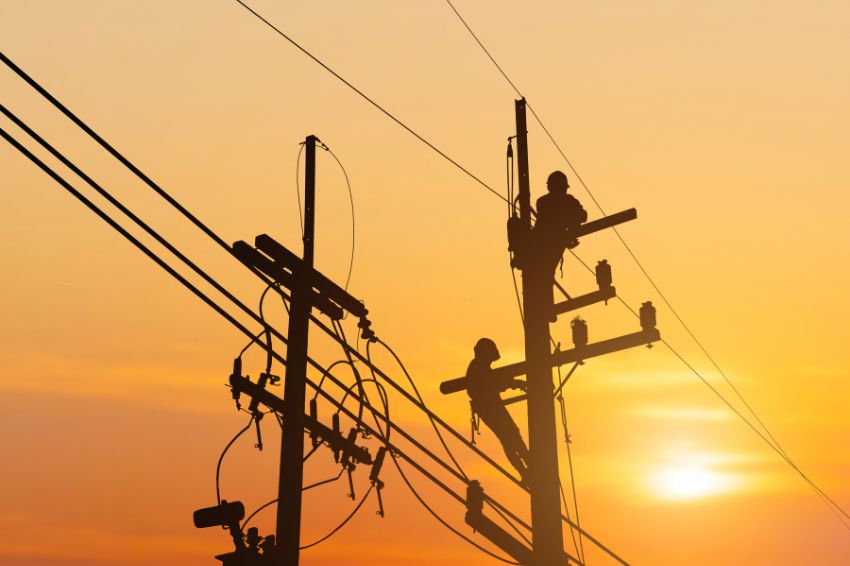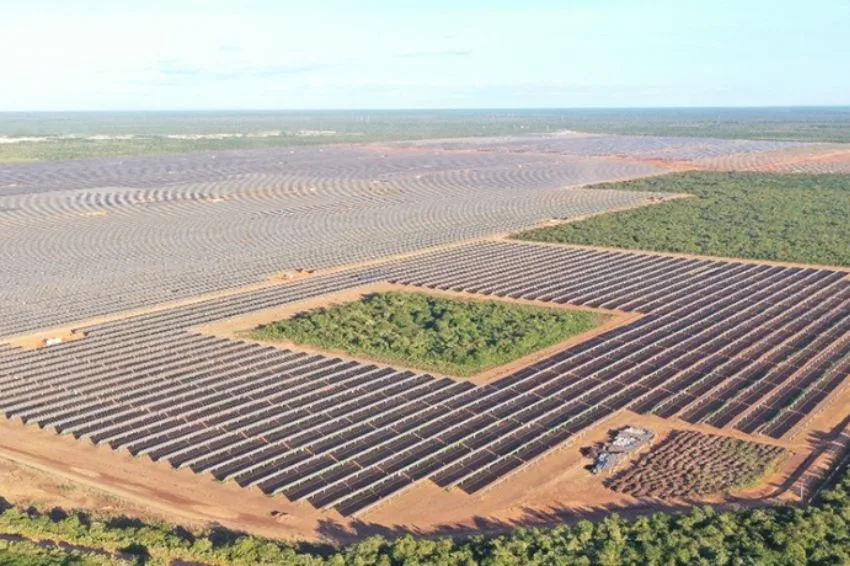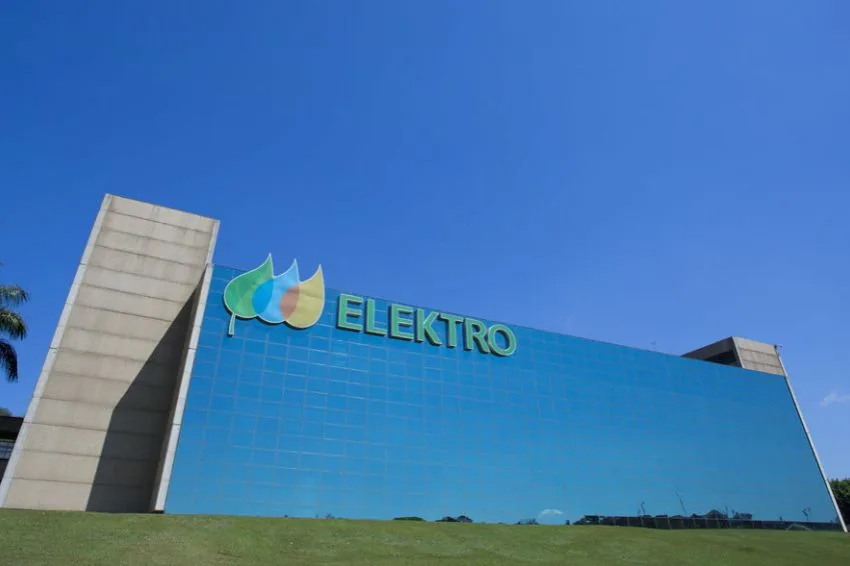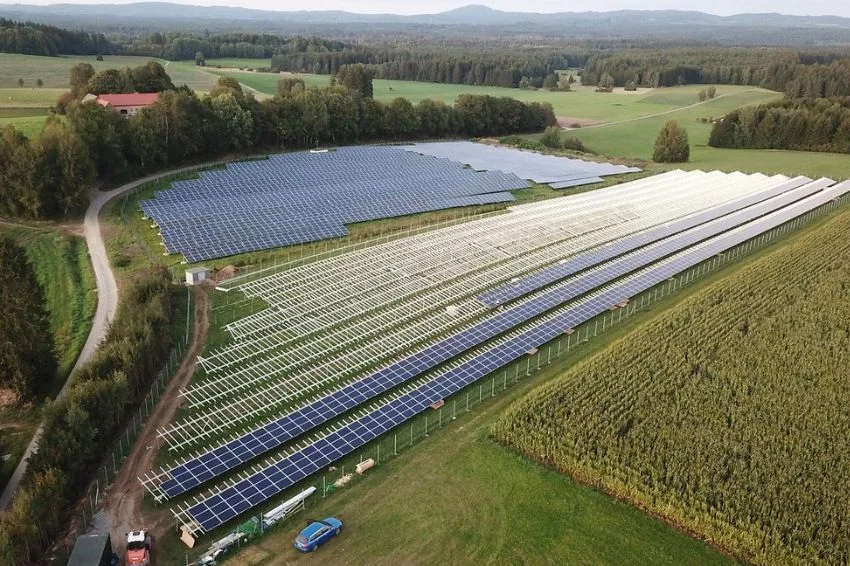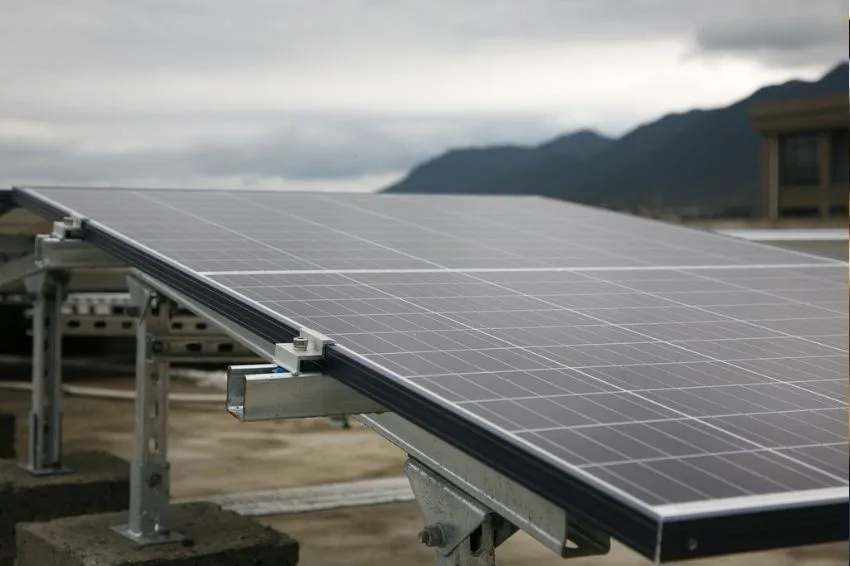A ANEEL (National Electric Energy Agency) released the result of distributors’ performance in the continuity of electricity supply in 2022, in which he reported that, average, you Brazilians spent 10.93 hours without power in the year. In total, they were 5.37 network outages per consumer last year.
In its survey, the Agency evaluated all dealerships of the country in the period, divided into two groups: car dealerships large, with a number of consumer units greater than 400 thousand; and dealerships smaller size, with the number of consumer units less than or equal to 400 thousand.
From large companies, the companies that had the best performances were: CPFL SANTA CRUZ and the COSERN (Rio Grande do Norte Energy Company). On the other hand, customers served by three subdivisions of Equatorial – CEEE Equatorial, Equatorial-MA and Equatorial-GO – were those with the worst rates.
From companies with up to 400 thousand consumers, the champion was Muxenergia, Followed by AND BO (Energisa Borborema) and EFLJC (Empresa Força e Luz João Cesa), tied for second. The worst were: DCELT It is Cooperation.
Despite ranking the companies' performance, ANEEL did not report the average shortage time and how many network interruptions were recorded by each of the Brazilian concessionaires.
Batteries as a solution
Although the numbers presented by ANEEL were lower than in 2021 (11.78 hours of shortages and 5.99 interruptions), this is a problem that still causes harm not only for residential consumers, but also for industries and hospitals, which depend on uninterrupted supply to operate safely.
In this sense, the use of batteries in solar energy systems is a alternative to eliminate the risk of running out of energy, as the main characteristic of the technology is that systems operate without the need for connection to electrical networks.
This model is an option that is gaining more and more space in the market, with new technologies being developed that guarantee the consumer the storage of excess solar energy.
Sustainable technology
According to the report World Energy Transitions Outlook 2022, published by IRENA (International Agency for Renewable Energy) in 2022, in addition to being useful to avoid network outages, the storage systems are also fundamental to the environment.
According to the study, for the planet to achieve global warming restriction targets, it is also necessary to obtain substantial improvements in energy efficiency, electrification of the economy, especially the transport and heating sector, among other initiatives.
In this context, the development of the battery energy storage market supports the growth of energy generation from renewable sources whose main characteristic is intermittency.
“The storage of energy produced through renewable sources would overcome one of the biggest obstacles to the reliability and resilience of the energy supply system, giving it flexibility and greater levels of autonomy and energy security, being driven by the need to encourage a low-carbon economy and electrification of the vehicle fleet”, highlights the report.


